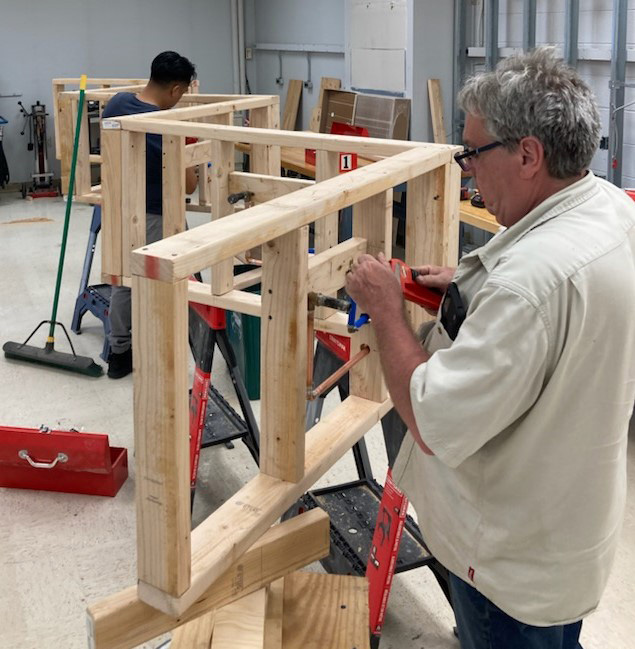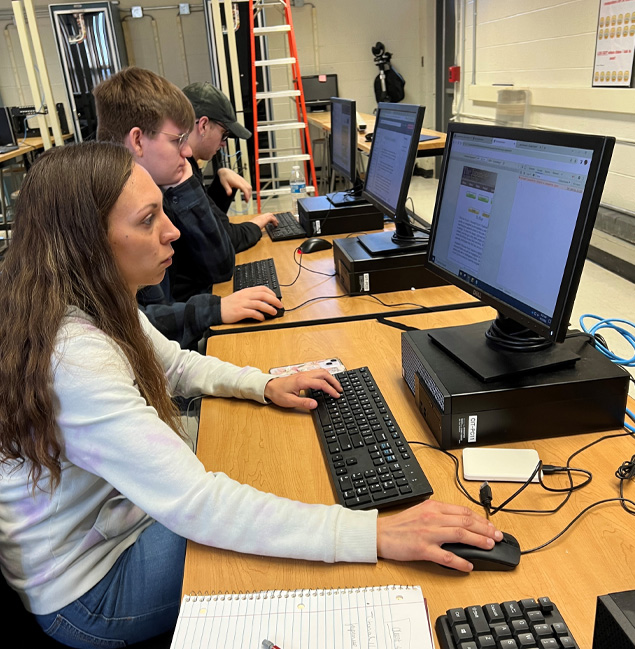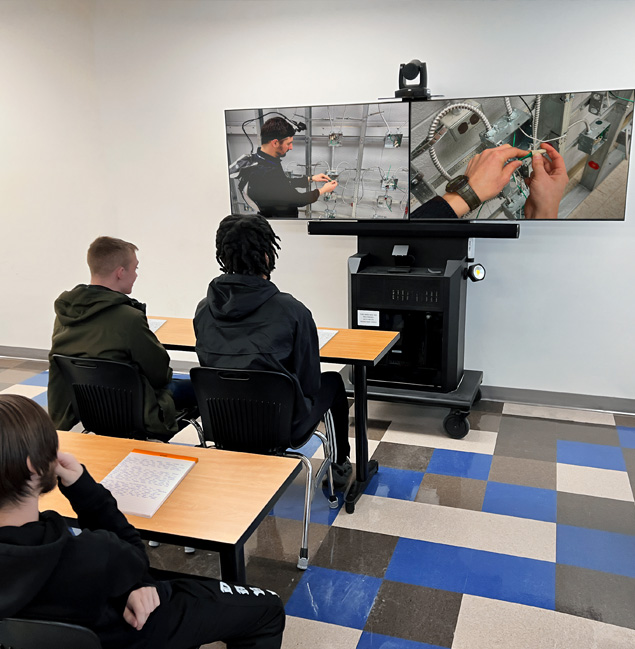Support Our Students,
Distance Learning Program



Reach your full potential and connect with the region’s in-demand careers while being close to home!
Johnson College’s Distance Learning program brings the opportunity for college education to high school students and adults in rural areas of Wayne, Pike, and Susquehanna Counties without having to endure the long drive to our campus in Scranton.
Enrolled students will have interactive, two-way access to Johnson College faculty and will participate in remote education, discussions, testing, and skill demonstrations via high-tech telecommunications equipment in classrooms at Forest City Regional High School, Honesdale High School, Wallenpaupack Area High School, and Western Wayne High School. In addition, Lakeville Library, Newfoundland Library, and Pleasant Mount Library will be equipped with laptops to give community residents access to career exploration services and information about courses at Johnson College.
The program will create a direct route to career technology education (CTE), a college degree, and ultimately a fulfilling career with family-sustaining wages for students in rural Northeastern Pennsylvania.
Students will have virtual access to Johnson College’s faculty and on-campus support services, including:
- Tutoring
- Counseling
- Career Services
- Financial Aid
- Internship Opportunities
- Exposure to Industry from Day One
To learn more about courses available through our Distance Learning Program, please contact our enrollment team at enroll@johnson.edu or (570) 702-8949.
This program is funded in part by a grant from the United States Department of Agriculture’s Distance Learning and Telemedicine Grant Program.
